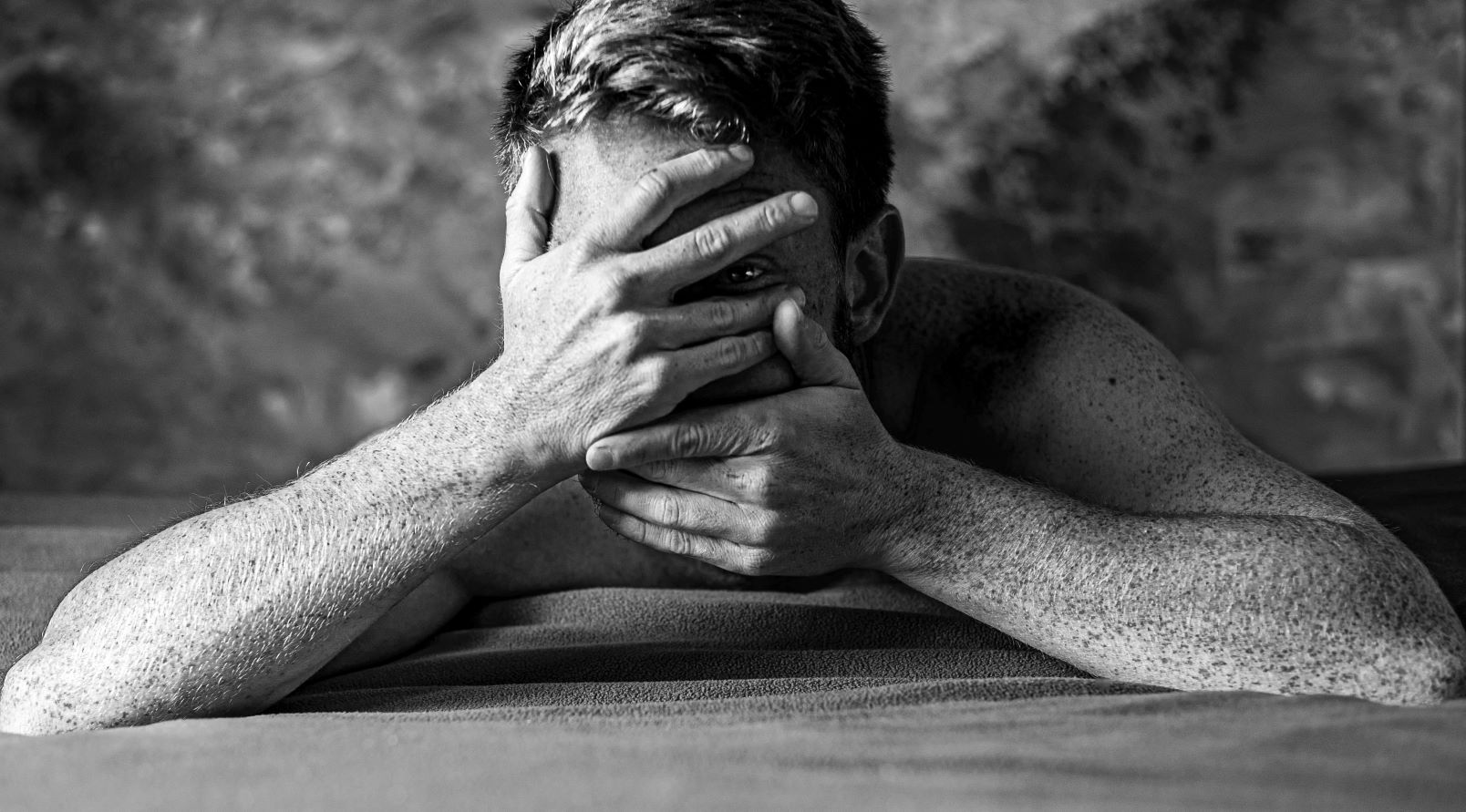TheLitPerspective is your one-stop shop for everything that ignites the spark of curiosity within you.
Working with Your Sadness: Lessons from When You’re Down

Photo by Lukas Rychvalsky
Sadness is something everyone feels. For a lot of us, we first felt sadness at a very young age, while those who were lucky (or unlucky) had their first pangs of sadness at a much later age. Regardless, there’s one thing we can agree on: sadness isn’t great. When we feel sad, we don’t want to do anything else other than feel sad—as such, it wouldn’t be an exaggeration to say that we don’t want to feel sad. WE AVOID SADNESS LIKE IT’S A PLAGUE!
Yet, while there’s much negativity surrounding this particular emotion, it cannot be denied that it also has a lot of lessons it can teach us: about ourselves, about each other, and about the kind of world we want to be in.
Understanding Your Sadness
When faced with loss or disappointment, we feel sad; we feel terrible. Sadness is thus a very normal and natural reaction to the many situations the world places in front of us. There’s a lot that goes on when we are unhappy; inside all of us, there is a never-ending push and pull of biological and psychological factors, and like most emotions, sadness arises from that complex interplay. When we experience what we call sadness, our bodies actually react accordingly; hormones like cortisol and adrenaline are often released, and our bodily functions take a toll, some without notice and others that can be detrimental.

Photo by Sinitta Leunen
A very physiological response to sadness may include a growing sense of fatigue, a diminished appetite, memory issues, and often, difficulty getting some sleep. Sadness can f*ck you up if you don’t take care of it carefully.
Now, some of you might be wondering what the difference is between sadness and depression. Well, looking at it right now, the things I mentioned before might very well occur during depression, too. So, are they one and the same? Not necessarily.
Sadness is a temporary emotion. It may have lasting effects, but where the sadness comes, happiness comes after. Depression, on the other hand, is a more chronic affliction. So, if you find yourself with a tendency to feel any of the things mentioned before, perhaps it might be good to go see a psychiatrist.
Working with Your Sadness: Its Impact
As we’ve talked about before, sadness can impact your body—when we feel sad, our immune systems are actually weakened. This means we are more vulnerable to sickness and whatnot.
Sadness can also affect your relationships and your outlook on the world. When sadness takes over us, we feel as if we have to withdraw from the world, and this leads to destructive feelings of isolation and loneliness.
Recognizing whenever this happens is critical to learning how to work with your sadness.
Working with Your Sadness: Coping
While we can identify sadness and work out its impacts and whatnot, we should still remember that dealing with it is personal. Working with your sadness is a personal journey that you have to take care of yourself. What works for someone else might not necessarily work for you. You can have people at your back who will support you, but you have to take care of it yourself.
Here are some strategies to help you manage your sadness and maintain your overall well-being:

Photo by Matthias Cooper
- Always acknowledge your feelings. Accepting that you are sad means you want to stop being sad.
- Maintain relationships. Sadness is most common among solitary types. This is because humans are social creatures. If we don’t socialize, we feel sad.
- Reach out to professionals. Sometimes, sadness becomes too much to bear. If this ever happens, consider that you may be in need of professional help.
- Find meaning in life. Meaning and purpose are very protean concepts. Regardless, it is important to keep ourselves sane and vibrant.
Lessons from When You’re Down
While sadness can be painful, and no one wants to be sad again, it still has its use. Sadness can often push you to grow, and it can sometimes be a sign that things need to change.
If you want to see yourself in the shoes of someone else, Donald Marcus Welch’s self-help book Hiding My Unhappiness is a wonderful read that’s sure to lift your spirits up.

Alex is a writer with two modes: simple and wild. He’s equally at home going either way. He always has something to say and something to offer, even if it’s only after a few minutes of furious googling. He loves reading and writing random stuff in his spare time.







